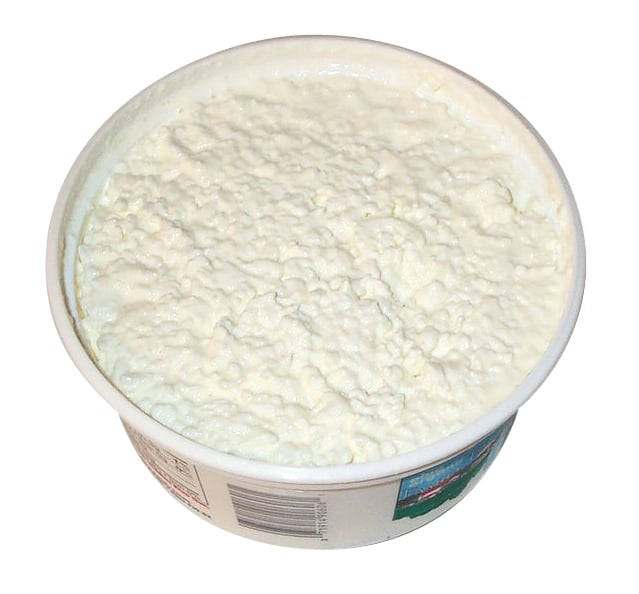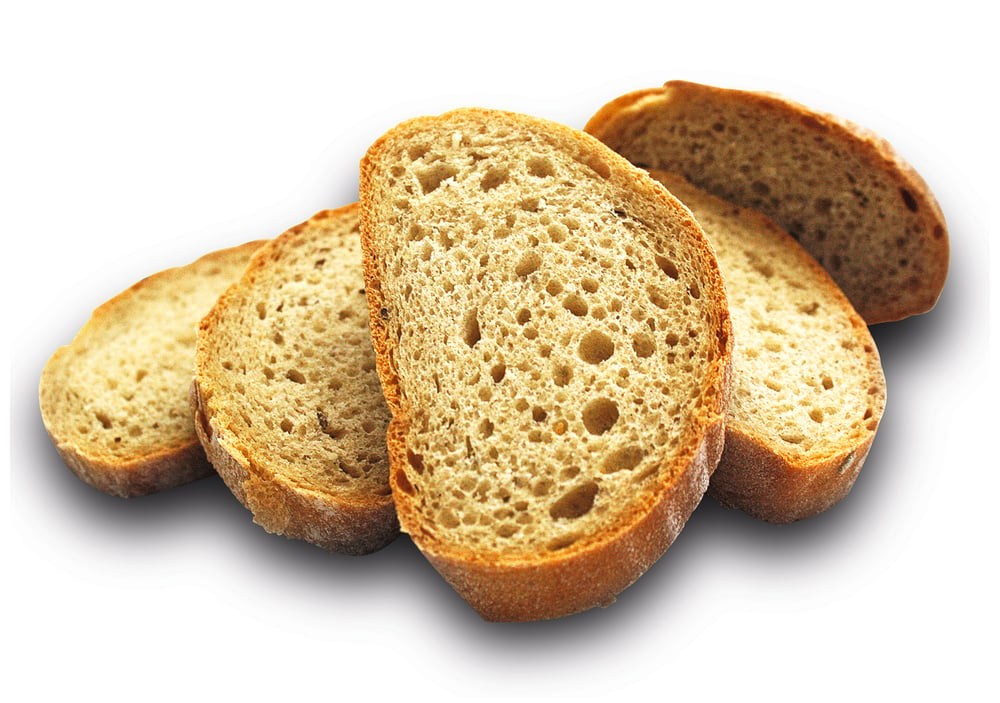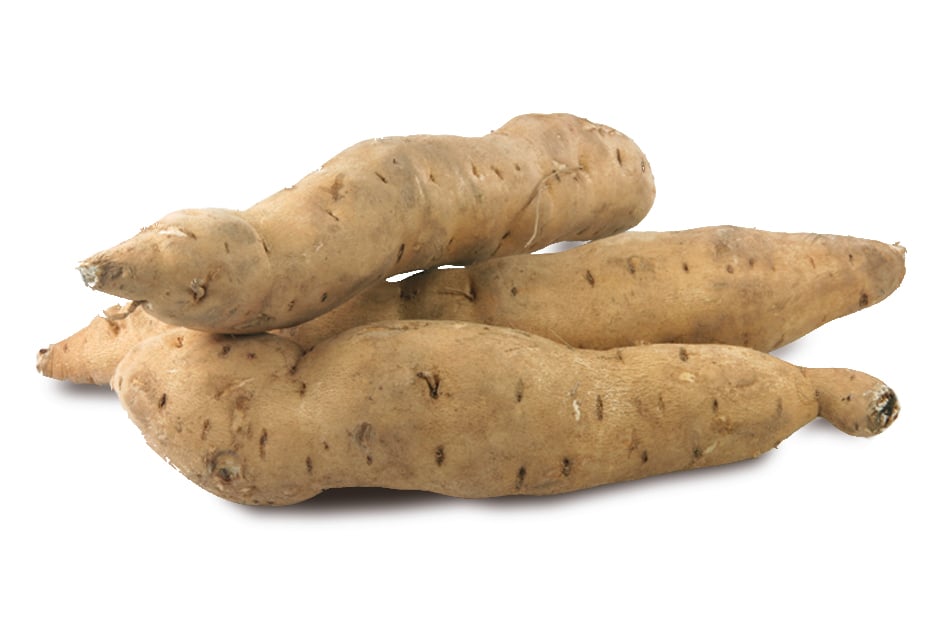
Issue 063
June 2010
Advice on which foods are good and which are bad changes more often than the weather. Experts (some with good intentions, some paid off by multinational food companies) can’t seem to make up their minds as to what comprises a healthy diet and offer pages of conflicting information.
Add in the multitude of fad diets that pop up every year and it can be confusing to keep track of which foods are supposed to be good for your health and which are going to send you to an early grave.
It is worth mentioning that few foods are truly evil, and even good foods can be bad if cooked poorly or eaten to excess. Common sense should dictate how healthy something is – there is a big difference between a steak grilled over a flame or fried in deep oil. Also moderation is key; bad foods won’t harm you if eaten infrequently, but may have negative effects on your health if consumed every day.
Foods that are thought to be bad for you, but can be good
EGGS
In the great cholesterol scare of the ‘80s, eggs were demonized as one of the prime culprits responsible for clogging arteries. In fact, the humble egg is a great source of protein, not to mention cheap, convenient and easy to cook. Eggs are also jam-packed with vitamin B2 and B12 (essential for cell reproduction) and biotin (which keeps your hair and skin healthy and helps convert carbs, fat and protein into energy).
EAT: Scrambled eggs
AVOID: Fried eggs

CHEESE
Cheese gets a bad rap, and there are plenty of varieties deserving of such, but there are many types of low fat cheese that make for a decent snack. Quark is a soft cheese that is almost 100% fat free and is a good source of potassium, magnesium and calcium. Cottage cheese is an excellent source of casein, a slow-release protein that is perfect before bed and will help your body repair itself during sleep.
EAT: Quark, unflavored cottage cheese
AVOID: Blue cheese, cheddar
BACON
A staple part of any fatty’s diet, bacon can certainly be unhealthy when fried in oil and served up between door-stop sized slices of white bread and covered in sauce, but bacon is actually recognized as one of the least fatty meats available. Trim off the rind and you’ve got a great source of zinc, a mineral that aids natural testosterone production. Bacon is also packed with iron, which is essential for maintaining good cardio.
EAT: Grilled lean bacon
AVOID: Fried fatty bacon
Foods that are thought to be good but are mostly bad
POTATOES
Ever since potatoes were discovered in the ‘New World’ in 1580, they’ve been a staple part of our diets. They can be baked, fried, boiled or mashed, but the problem is that they rate incredibly high on the glycemic index (GI) and are full of starchy carbs. Eating a plain baked potato provokes a massive insulin surge akin to scoffing a bowl of sugar, yet provides little delivery of the essential nutrients available in other root vegetables.
EAT: Substitute potatoes for sweet potatoes
AVOID: Chips or mashed potato

BREAD
Everyone has heard the saying, “Man cannot live on bread alone.” That’s especially true of the modern bread we find on supermarket shelves, which is full of highly refined wheat, added sugar and salt. Almost all bread is high GI, meaning a spike in insulin levels, plus the gluten, wheat, flour and yeast in bread can leave you bloated and trigger intestinal disorders. Darker breads such as rye and pumpernickel are low GI and higher in fiber, while containing less additives.
EAT: Dark rye bread
AVOID: White bread
BREAKFAST CEREAL
Time to shatter a few myths: Unlike what the manufacturers claim, breakfast cereal is no good for you! First off, it’s not ‘real’ food! Unless you can tell where it came from by looking at it, leave it alone. Also, the cereals you’ll find on the shelves are heinously high in sugar and salt. Some Kellogg’s can be as much as 40% sugar! Ditch the traditional cereal for breakfast and aim for wholegrain alternatives.
EAT: Rough cut or rolled oats
AVOID: Processed cereals
DID YOU KNOW?
A glass of red wine a day can be good for your health and may even help in losing weight. Aside from being crammed full of antioxidants, a glass of red wine a day can raise good cholesterol while lowering bad cholesterol! Red wine may also help prevent blood clots and can help fight heart disease – if you’re not a drinker, then eating grapes offers many of the same benefits.











